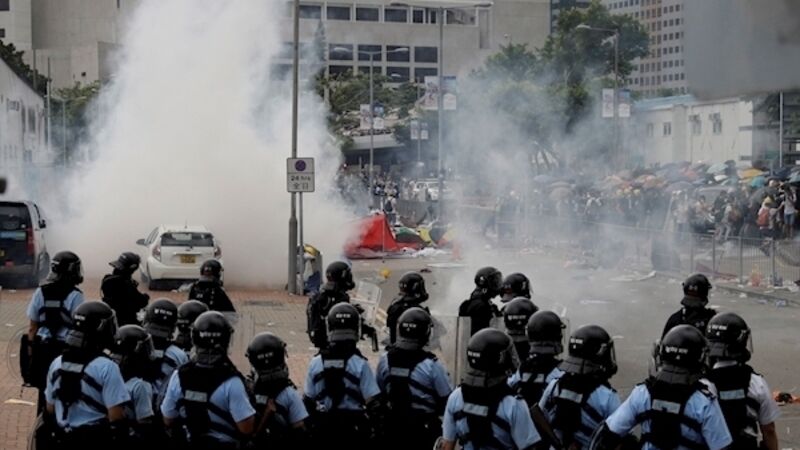Hong Kong protest movement: Worrying warnings from China

Australia’s government has joined Ireland, Britain and Japan in putting out a Hong Kong travel warning as clashes between police, highly-organised civil rights protesters with gangs of Beijing-sponsored thugs allegedly ferried from mainland China in the mix show no sign, after nine weeks of street fighting, of losing steam.
Rhetoric and attitudes on both sides have hardened. The question at the heart of the conflict is no longer the proposed but now shelved extradition law that lit the fuse; it is, instead, who is to govern Hong Kong?
















